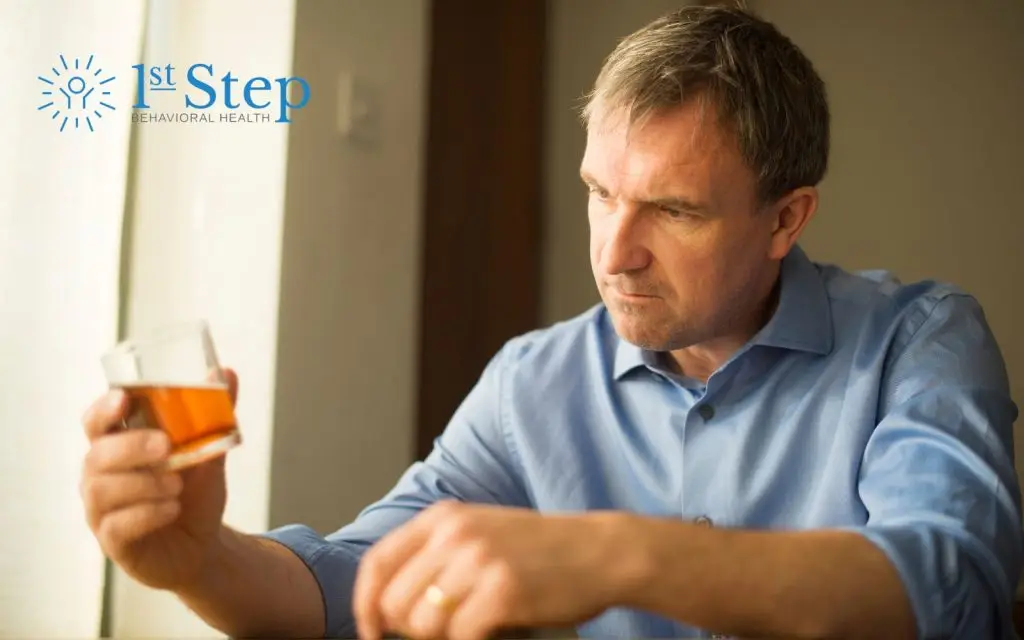Substance abuse and addiction can be devastating conditions. Recovering from substance abuse requires commitment, treatment, and a lot of support. Even when you get the help and support you need, recovery can still be full of challenges.
It can be hard to escape from a cycle of substance use, recovery, and relapse. Between 40-60% of people who seek substance abuse treatment relapse at some point in their recovery.[1] While relapse is a common part of people’s addiction recovery journey, it can be very discouraging. A relapse can feel like a significant setback.
Multiple relapses can be incredibly frustrating. People who live with chronic relapses may experience hopelessness that threatens their hopes of lifelong sobriety.
This article will explore how people can break free from the cycle of chronic relapse. You will learn:
- What chronic relapse is
- The factors that can increase the risk of relapse
- Signs of chronic relapse
- How to stop relapsing for good
- Where to find comprehensive addiction treatment and support
If you or someone in your life needs support during addiction recovery, you are not alone. Contact First Step Behavioral Health specialists to explore our treatment and support programs.
What is Chronic Relapse?
Relapse (using substances again after a period of abstinence) is a part of most people’s addiction recovery journey. The majority of people recovering from substance use disorder (SUD) experience at least one relapse.
However, some people struggle with repeated relapses. Chronic relapse disease is a condition that causes people to experience multiple relapses. Many people with this condition feel hopeless about their chances of staying sober for life.
Relapses can be discouraging, but they can also be dangerous. People lose some of their tolerance to drugs and alcohol after even a short period of abstinence. If they return to their typical pattern of substance use, they may experience an overdose.
It is crucial to get treatment and support to prevent relapse. People with chronic relapse disorder require comprehensive treatment and ongoing support to remain sober.
What Factors Increase the Risk of Relapse?
Chronic relapse disorder may have behavioral, environmental, physical, and psychological roots. Here are some potential risk factors for chronic relapse.
Mental health conditions
Mental health issues can make daily life more challenging. Living with the symptoms of a mental health condition can be stressful. People may turn to drugs or alcohol to self-medicate symptoms or cope with stress.
Physical illness
Managing a physical illness can be stressful. Living with pain, stress, and ongoing discomfort can make daily life more challenging. People may self-medicate physical pain with drugs or alcohol. Without learning healthy coping skills or finding alternative treatment, avoiding relapse can be more difficult.
Not understanding your triggers
Triggers are situations, people, places, or other things that can cause cravings. It is essential for people to identify their triggers and make a plan to manage them without relapse. Not knowing your triggers may increase the risk of multiple relapses.
Not enough treatment
People who attend short rehab programs may be more likely to relapse than people who participate in long-term programs. Spending less than 90 days in rehab is linked to a higher rate of relapse. Spending time in rehab allows you to learn healthy skills to prevent relapse.[1]
You will engage in therapy and support groups during treatment, learn relapse prevention skills, and more. You will also develop a support system that will help you prevent relapse after rehab.
Lack of treatment
Addiction is a complex condition that affects a person’s mental, physical, and social health. People with substance use disorder (SUD) require comprehensive treatment programs that address the complexities of substance abuse.
Many treatment plans begin with a medically-supported detox program. Instead of going “cold turkey,” which causes withdrawal symptoms that cause people to relapse, people receive tailored treatment and support. Treatment and support during detox reduce the risk that a relapse will occur.
How to Stop Relapsing
Addiction recovery is often more challenging than people imagine. It is important to seek support and care in a treatment center to reduce the risk of relapse during detox. Then, you must continue treatment to learn skills and build a support network that will support lifelong sobriety.
You must take steps to break the cycle of repeated relapse, including:
- Participating in an evidence-based detox and treatment program
- Completing your treatment program
- Creating and following an aftercare plan
- Receiving regular medical and mental health treatment
- Developing a solid support network, including therapists, friends, supportive family members, 12-step groups, and more
Finding a new purpose in life is one of the most important things you can do to break free from a cycle of relapse. You must use resources and skills to create healthy relationships, find work, or volunteer for a cause you care about.
Treatment can help, even if you have had multiple relapses. Finding the right level of treatment can help you learn from your relapses and move toward a healthier, sober future.
Find Treatment Now
If you or someone you love struggle with substance abuse or addiction, you are not alone. Contact the specialists at First Step Behavioral Health now to explore our holistic treatment and support programs. Take the first step of your recovery journey by contacting us today.
References:
- National Institute on Drug Abuse (NIDA): Treatment and Recovery
Jump to a Section
Call (855) 425-4846
